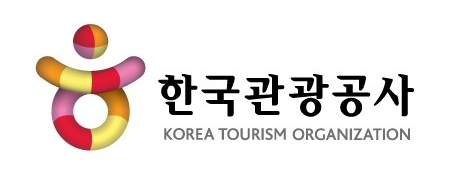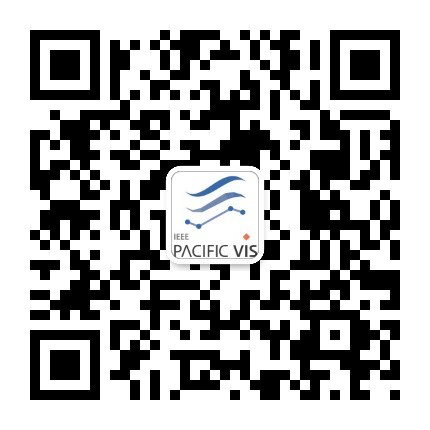Call for Visual Storytelling Contest
Data storytelling, narrative visualization, and explanatory visualization are popular emerging topics in visualization research. For the first time, IEEE Pacific Visualization (PacificVis) 2017 will feature a Visual Data Storytelling Contest. The purpose of this contest is to encourage students, researchers, artists, journalists, and other storytellers to demonstrate the value of visualization through effective visual data storytelling.
PacificVis is a unified visualization symposium, welcoming all areas of visualization such as: information, scientific, graph, security, and software visualization. Storytellers are invited to submit visual data-driven stories that draw upon any of these areas. Unlike contests such as the VAST challenge or the SciVis Contest, the data for the PacificVis visual data storytelling contest will be left unspecified; storytellers are free to choose any publicly-available dataset(s). Similarly, the task that storytellers are to accomplish is to successfully communicate a message or series of messages (i.e., a narrative, a series of insights) using visualization techniques and supported by the underlying data. The themes of the story can draw from any topic, including current affairs, world history, and research findings from the sciences and humanities.
Entries may be submitted by teams or individuals, and from both industry and academia alike. Sponsors can participate non-competitively. Submissions must fulfill the requirements explained below:
- The storyteller is free to choose among these mediums: A visual-data-driven story presented either as a static PDF image (e.g., an infographic or comic strip), as a slideshow, or as a MPEG, AVI, or Quicktime video (e.g., an animation or data video).
- The story must be submitted as a single file.
- A succinct story title or headline.
- A 150-word extended abstract using the poster template that briefly describes the data analysis and design process undertaken by the storyteller(s). The abstract should not include the message(s) communicated by the story; the story must stand alone in this regard such that a viewer should not need to read the abstract to understand the story.
- A list of references that include the publicly-available dataset(s) that informed the story and those that are visually represented within the story, as well as any tools, libraries, previously published techniques, or software applications used during the data analysis and story design process.
- The story must feature at least one programmatically-generated visual representation of data; visual representations of data generated by manual illustration (e.g., on paper, using illustration software) are allowed; however, these representations must be used in conjunction with a programmatically-generated visual representations of data. In addition, the programmatically-generated visual representation(s) should be the authors’ own work, using techniques or tools created by the authors. Third party techniques or applications may be used in conjunction with the authors’ own work as long as proper credit is given to their respective creators and it is made clear which aspects of the implementation represent the authors’ own work.
- The entries must be original data-driven stories that have not been previously published elsewhere.
- For the winning entries we expect the following additional requirements:
- At least one member of the winning team must register for the conference and be present at the contest's award ceremony.
- One author should introduce the story and describe the data analysis and design approach (5 mins) at the award ceremony.
- The authors of the winning entries may be invited to co-author an article along with the contest chairs. Best entries will be described in the article.
Visual storytelling contest submission deadline:
the title, submission file, abstract, and reference list should be submitted via pcs
|
Jan. 28, 2017, 11:59pm (PST)
|
|
Visual storytelling contest notification
|
Feb. 16, 2017
|
|
Visual storytelling contest final submission
|
Feb. 28, 2017
|
A jury of visualization and data storytelling experts will carefully judge each submission. Successful entries will effectively communicate a narrative, message(s), or insight(s) using visual representations of data.
Winning entries will receive a certificate.
For questions regarding the contest, please do not hesitate to contact the chairs directly via contest@pvis.org
Contest Chairs:
Ivan Viola, TU Wien, Austria
Kyungwon Lee, Ajou University, Korea
Matthew Brehmer, Microsoft Research, USA
| 














